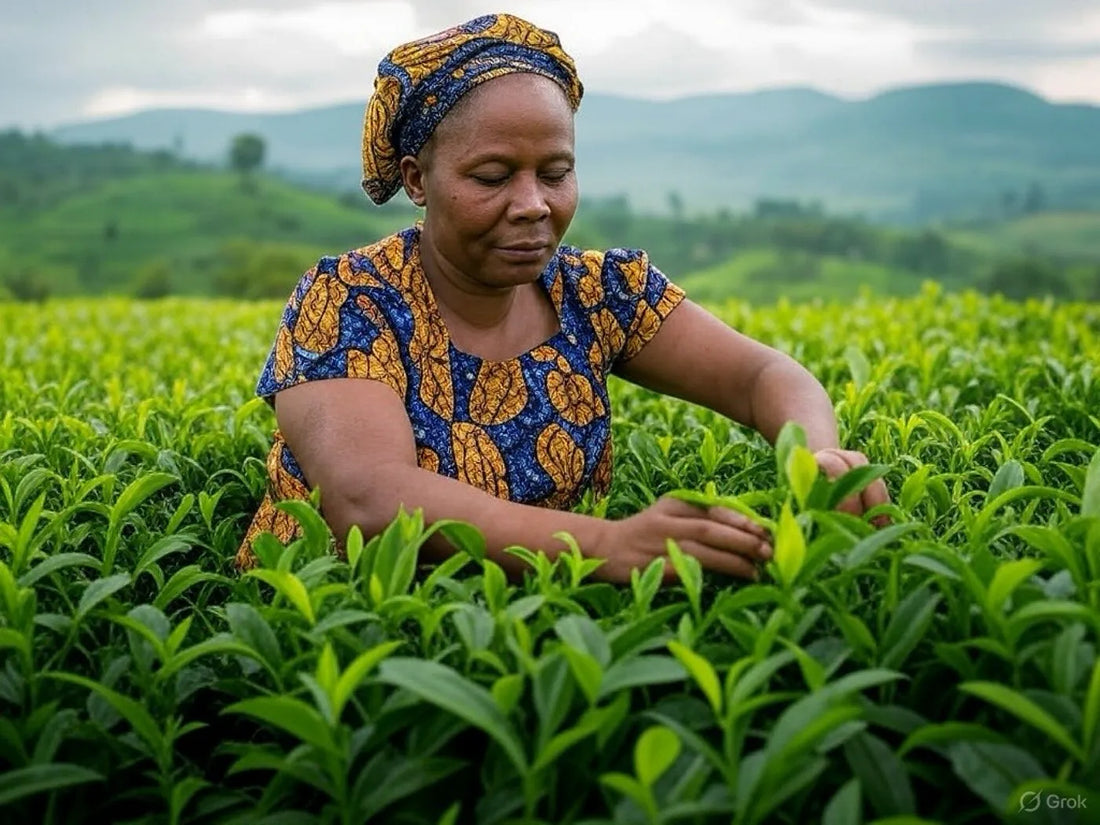
Rooted in Resilience: How Women Farmers in Africa and India Are Leading the Sustainable Agriculture Movement
Share
In the quiet strength of their hands and the deep knowledge passed down through generations, women farmers across Africa and India are shaping a more sustainable future for agriculture. Often overlooked yet profoundly essential, these women cultivate not only the soil — but hope, food security, and ecological balance.
At Comptoir BantuDesi, we are proud to stand alongside them.
Women: The Backbone of Agriculture
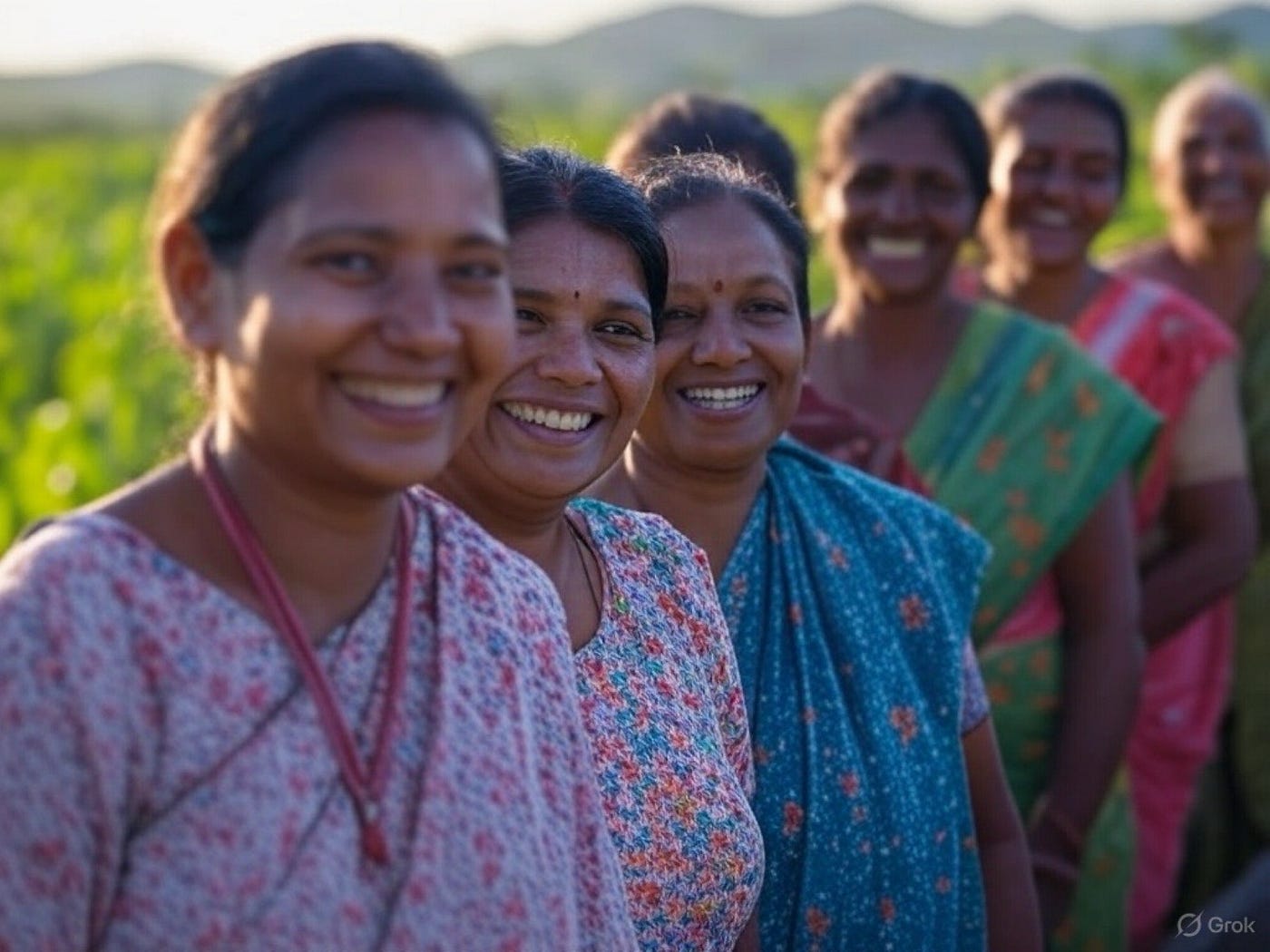
Globally, women make up 43% of the agricultural labor force, but in Africa and Asia, that number often rises even higher in rural regions. In sub-Saharan Africa alone, women produce up to 80% of food consumed, according to the UN’s Food and Agriculture Organization (FAO). In India, women comprise over 70% of the farming workforce, yet only own around 13% of the land.
Despite limited access to land, credit, and training, these women are innovating — by necessity and by tradition.
Rooted in Indigenous Knowledge
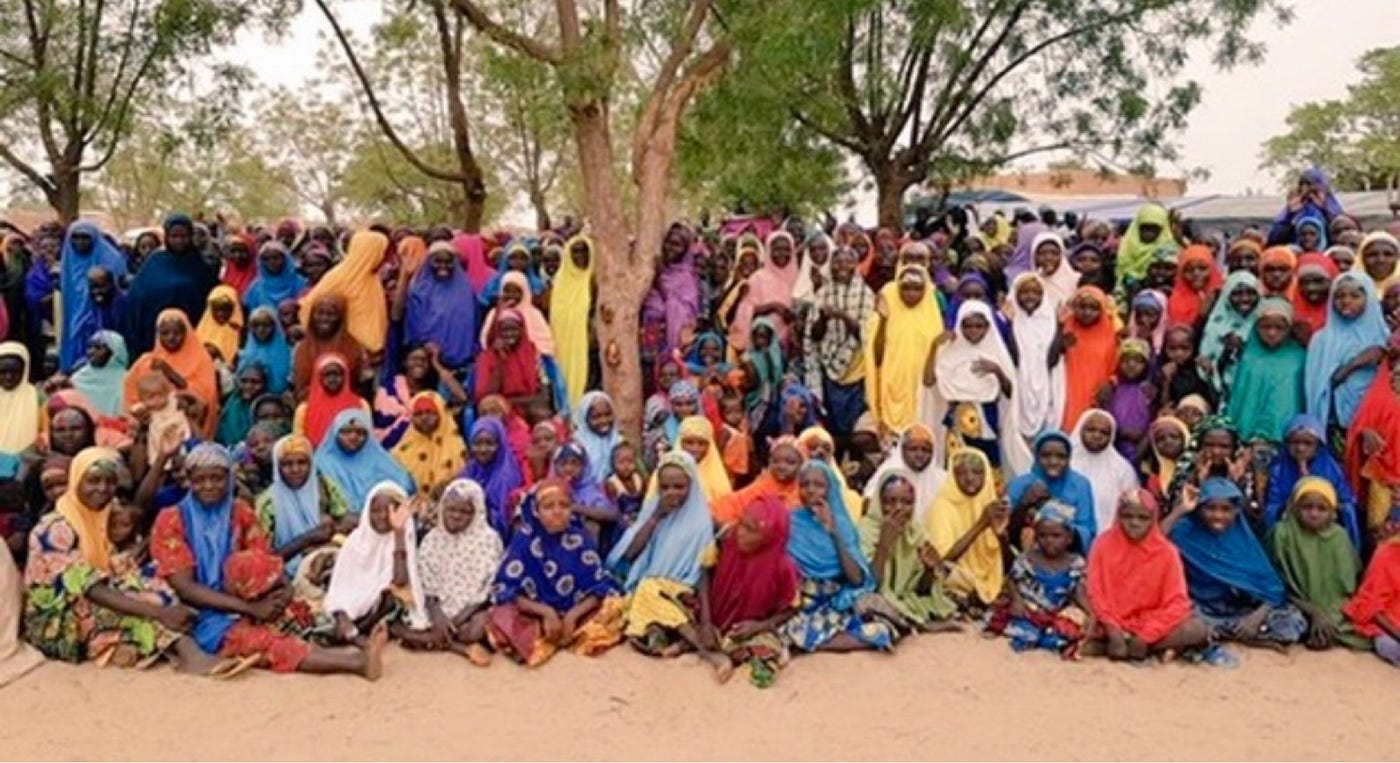
In both Africa and India, women farmers are deeply connected to the land, guided by ancestral knowledge and holistic practices. They rely on intercropping, composting, organic pest control, rainwater harvesting, and seed saving techniques that have fed their communities for centuries without compromising the health of the planet.
These methods regenerate soil, preserve biodiversity, and support ecosystem resilience — long before “sustainability” became a global buzzword.
Sustainable and Regenerative Practices Led by Women include:
• Agroforestry in Kenya & Cameroon — Women are integrating trees into farmlands to protect biodiversity and enhance food security.
• Vermicomposting in India’s Assam & Kerala regions — Female-led cooperatives are turning organic waste into rich fertilizer, reducing carbon emissions and dependency on chemicals.
• Climate-smart farming in Ethiopia — Women in rural areas are implementing drought-resistant crops and solar irrigation, backed by local NGOs.
• Herbal pest control in Tamil Nadu — Indian women use neem oil, garlic spray, and turmeric as safe and effective alternatives to synthetic pesticides.
Always Moving Onward and Upward: Intentional Empowerment, Not Charity
As someone who has spent over a decade working at the intersection of international development, social equity, and heritage preservation, I’ve come to one unshakable conclusion: women don’t need to be mentored — they need to be funded.
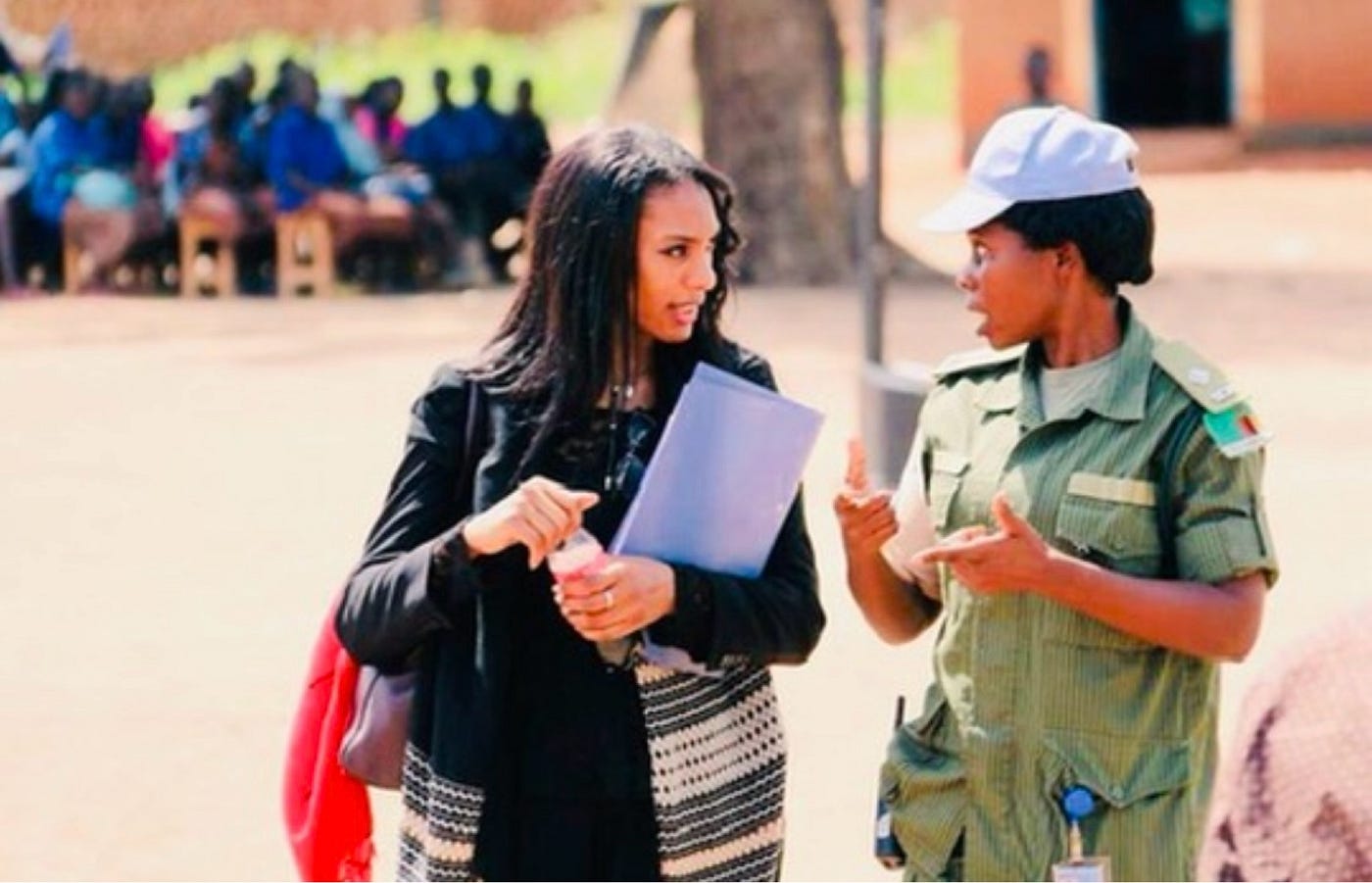
Although development work provides vital relief to millions — especially women and children — it often frames women farmers as passive recipients of aid, rather than recognizing them as active agents of change.
But the truth is, these women already know how to farm, how to sustain their families, and how to build generational knowledge. What they lack is access to capital, land rights, and global markets — not wisdom or willpower.
At Comptoir BantuDesi, we don’t “empower” women farmers — we recognize their power, and we work to redirect capital, visibility, and equity their way. Our role is not to teach them how to thrive; it’s to dismantle the systems that keep them from thriving.
This philosophy is woven into every product we create and every partnership we build. We are not in the business of charity — we are in the business of transformation and redistribution.
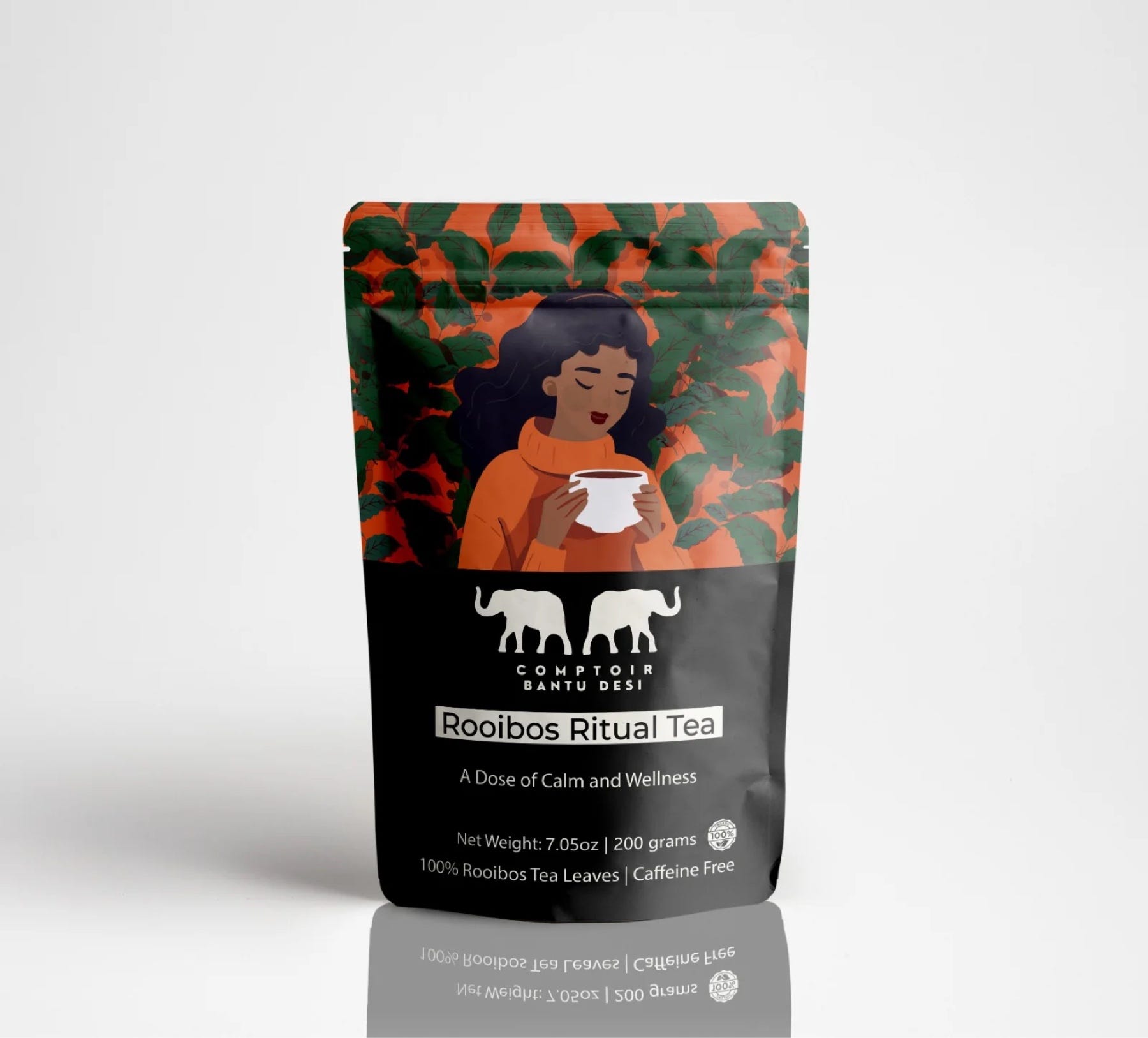
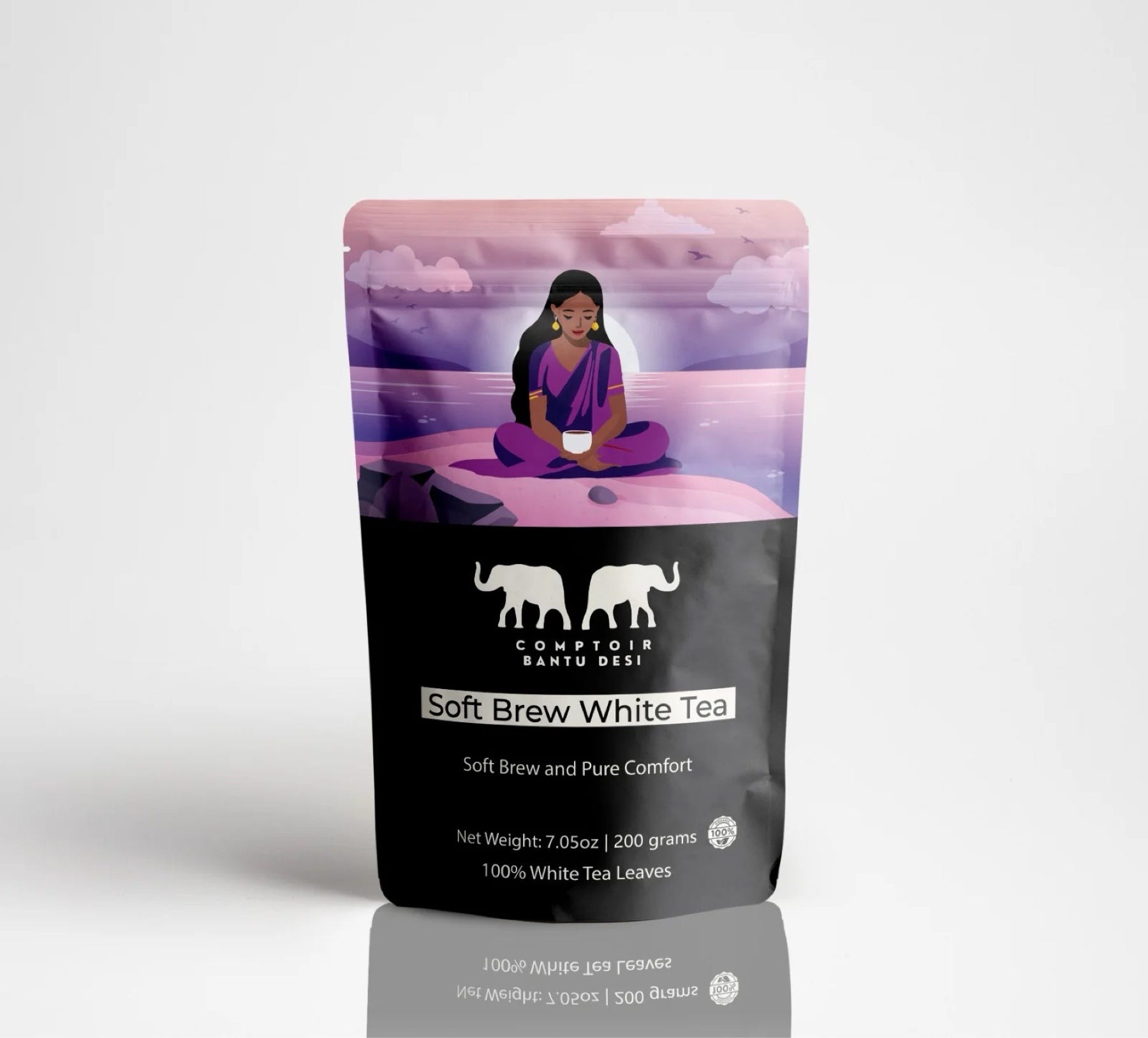
The Economic & Social Ripple Effects
Empowering women in agriculture can increase farm yields by up to 30%, reduce hunger, and lift entire communities out of poverty, according to UN Women. When women farmers earn more, they reinvest up to 90% of their income into their families and communities — compared to 30 — 40% for men.
Yet, they receive less than 10% of available agricultural credit and own only a fraction of the land they work. This imbalance is not only unjust — it is unsustainable.
What We Do at Comptoir BantuDesi
Our mission is to elevate these women through direct partnerships, fair trade, and visibility on the global stage, including in the upcoming international Paris Tea Festival which will bring together business leaders, farmers and investors. Every tea leaf we source tells a story of sustainable cultivation, heritage, and the tireless dedication of women who refuse to be invisible.
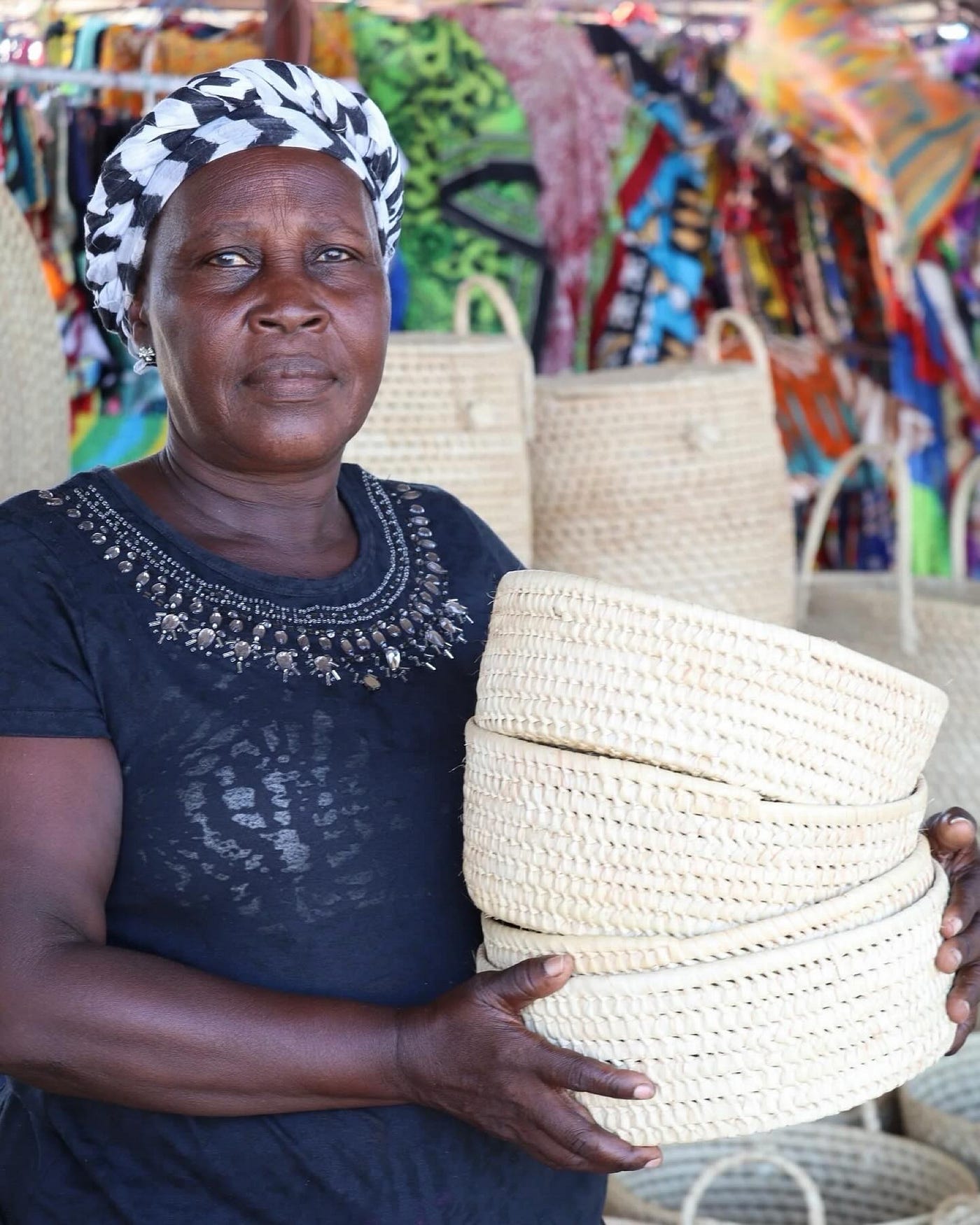
We are building a world where a cup of tea does more than comfort — it empowers from the women farmers who harvest them, to the customers who sip them. Every purchase from Comptoir BantuDesi supports women farmers in Africa and India who grow organically, live consciously, and work for the future of their families and the Earth.
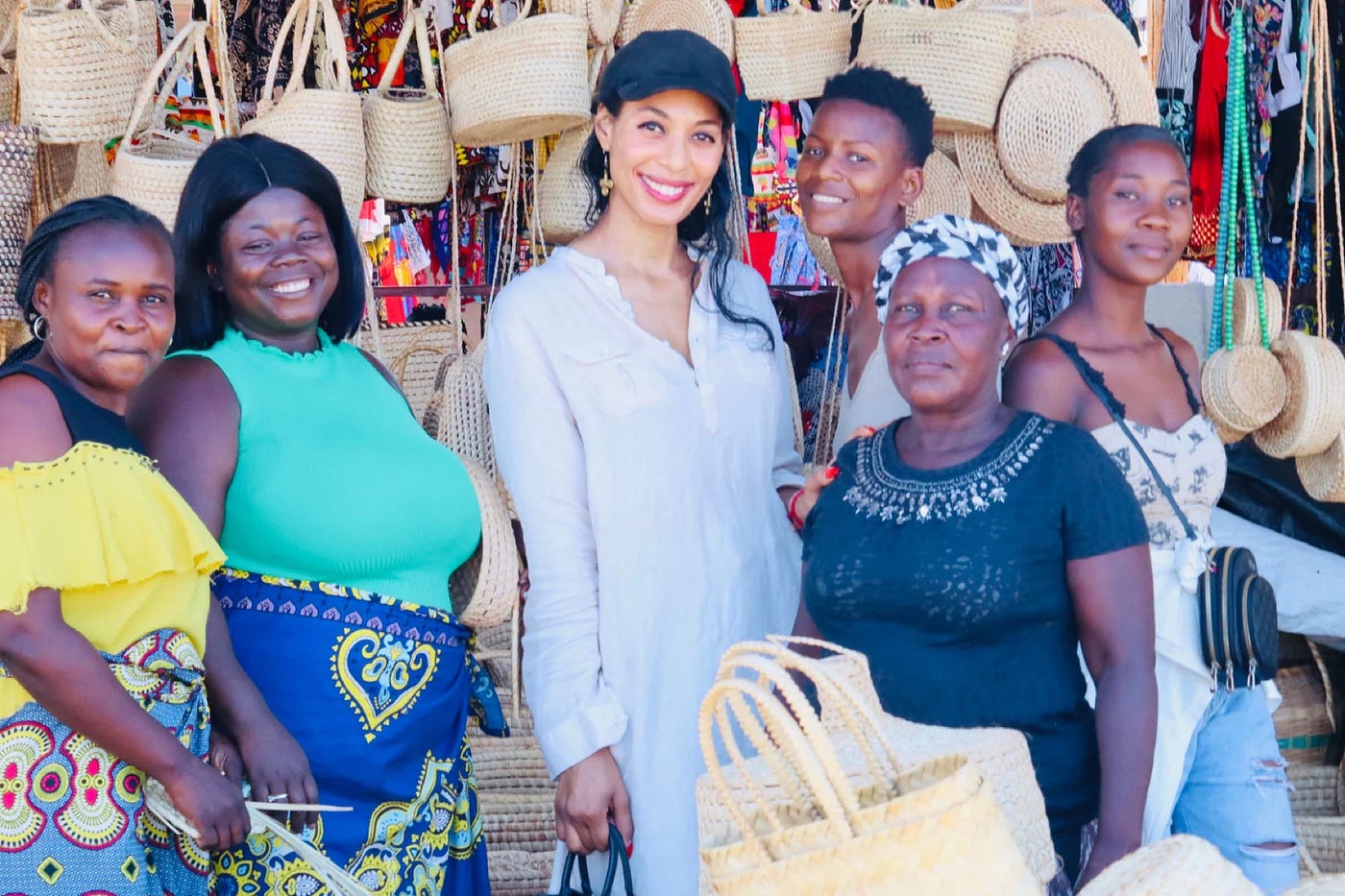
Now, friends, join us in rewriting the story of global trade with women at the center — one cup at a time. Choose tea that uplifts women farmers, brings health to customers, restores the earth, and reclaims dignity. Drink with purpose. Live with power. Explore our collection and become part of a movement rooted in justice and joy.
www.bantudesi.com
In solidarity,
Verlaine-Diane Soobroydoo
Founder & CEO, Comptoir BantuDesi
